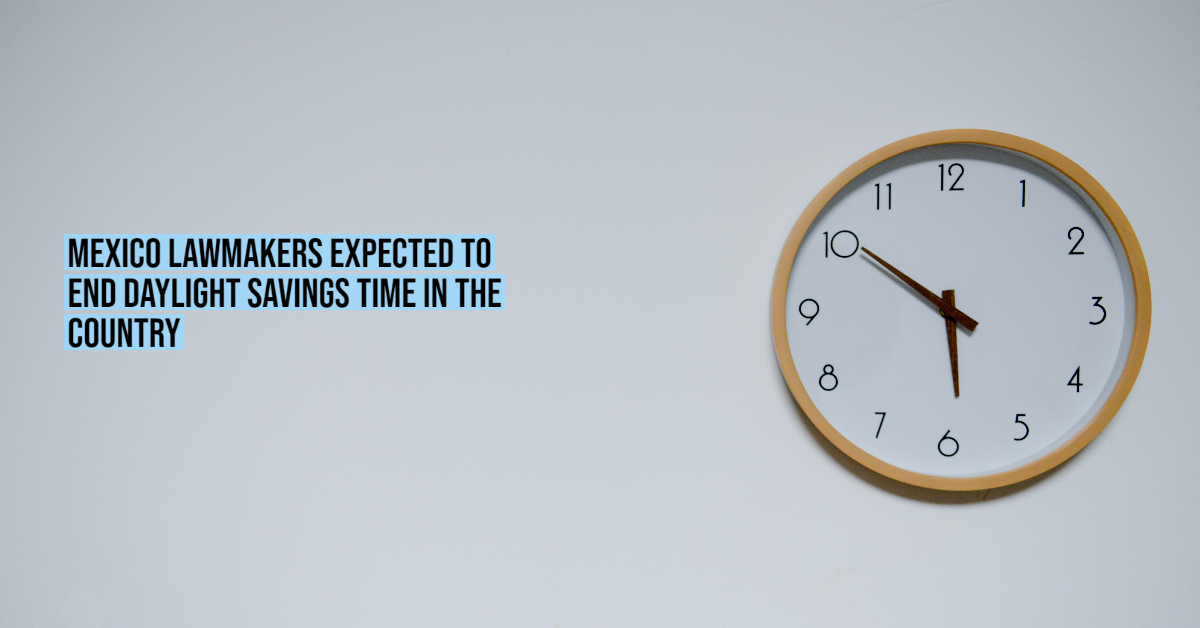Despite the fact that summer time begins this Sunday in Mexico, the Chamber of Deputies will analyze its permanence or if it will be suspended.
On Monday, the Political Coordination Board (JUCOPO) will analyze the feasibility of ending time changes in Mexico, after knowing the opinions they requested from experts in the matter, as well as from government agencies such as the Secretariat of Energy, Economy, and CFE power.
In recent days, deputies from the PRD, PT, and Morena political parties have presented three initiatives to demand the repeal of summer time, which came into . . .






